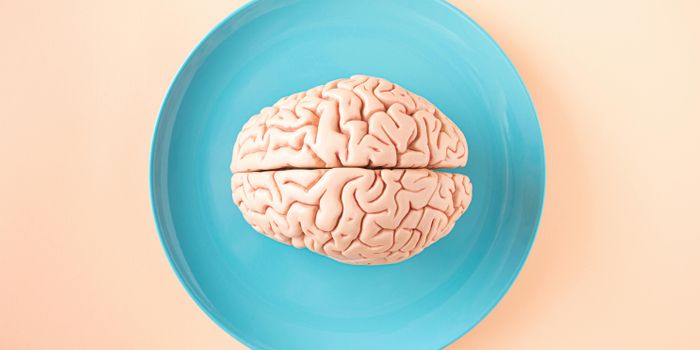Autoimmune Protein May Cause OCD
Researchers from Queen Mary University in London have discovered a specific autoimmune protein that may cause OCD-related anxiety and stress in people.
“There is mounting evidence that the immune system plays an important role in mental disorders,” said Professor Fulvio D'Acquisto, an honorary professor of Immunopharmacology at Queen Mary University of London and leader of the research. “And in fact people with auto-immune diseases are known to have higher than average rates of mental health disorders such as anxiety, depression and OCD. Our findings overturn a lot of the conventional thinking about mental health disorders being solely caused by the central nervous system.”
The researchers came across the finding by accident. In their original study, they were investigating the role of another protein, Annexin-A1, in the development of both multiple sclerosis and lupus. They bred mice with an excess of Annexin-A1 in their immune systems’ T-cells. In doing so, they found that the mice seemed to be more anxious than usual. They thus examined the T cells’ genes and ended up finding that one protein in particular was very active.
To understand whether this protein was behind their anxiety, the researchers gave the mice an antibody for the protein. Calming down within just a few days, the researchers decided to name the protein ‘Immuno-moodulin’ or ‘Imood’ for short.
To understand whether these results translated over to humans too, the researchers decided to look for the protein in 23 outpatients with OCD. They also looked for the protein in a control group of 20 people without OCD. After analyzing their T cells, they found that the patients with OCD tended to have levels of Imood 6 times higher than those in the control group. Their results match findings from other scientists who have identified the same protein as being over-expressed in those with Attention Deficit Disorder/ Hyperactivity Disorder (ADHD).
Although the mechanism behind how Imood relates to OCD remains unknown, D’Aquisto believes that it may impact brain cells already linked to some mental health disorders. He says, "This is work we still have to do to understand the role of Imood. We also want to do more work with larger samples of patients to see if we can replicate what we saw in the small number we looked at in our study."
Sources: ScienceDirect, Big Think, Queen Mary University of London









